Summaries of books about Political Theory:
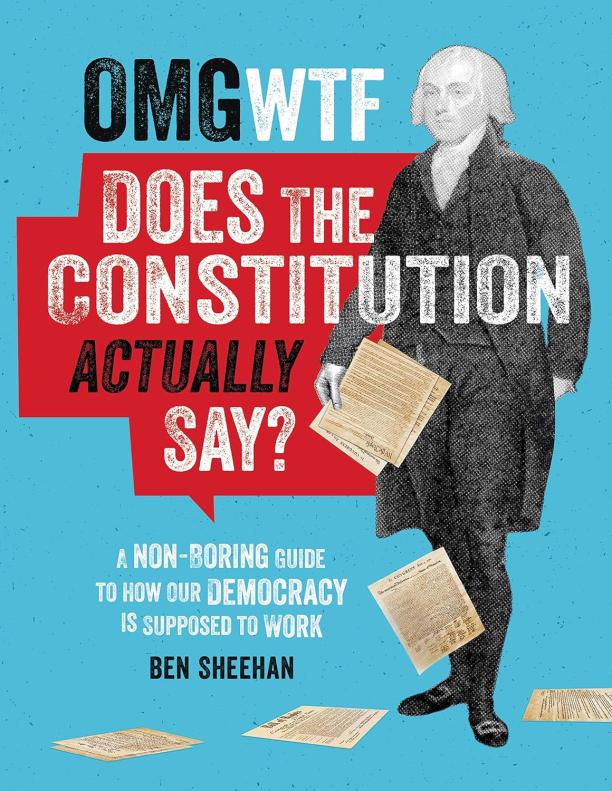
OMG WTF Does the Constitution Actually Say?
A Non-Boring Guide to How Our Democracy is Supposed to Work
Ben Sheehan
The book provides a humorous and accessible breakdown of the United States Constitution, explaining its articles, amendments, and the framework of American democracy in plain language. It aims to educate readers on the functions of government and the rights of citizens, encouraging informed participation in the democratic process.
See full summary
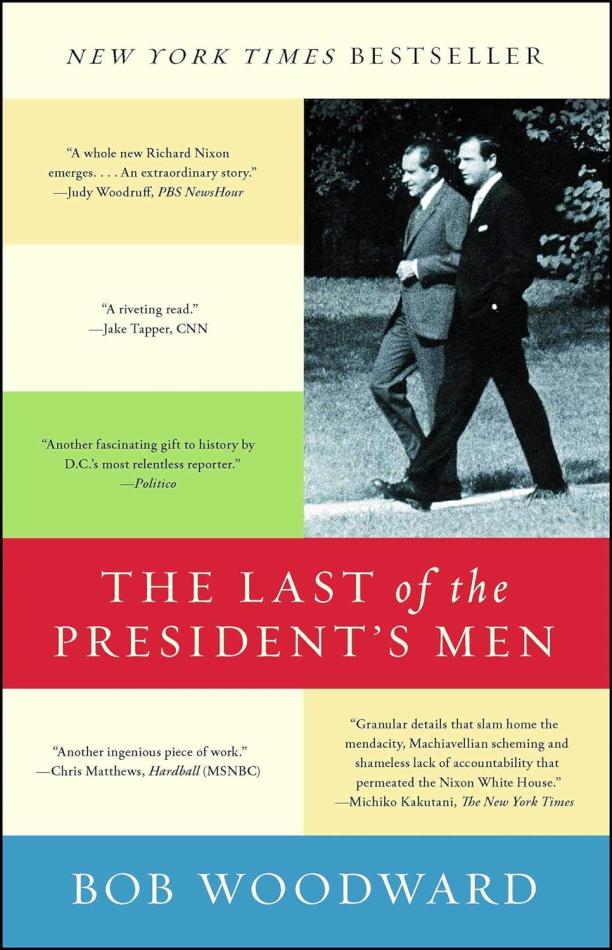
The Last of the President's Men
Bob Woodward
The book reveals new details about the Nixon presidency, based on extensive interviews with Alexander Butterfield, the aide who disclosed the secret White House taping system. It provides an insider's perspective on Nixon's secretive and often paranoid behavior during the Watergate scandal.
See full summary
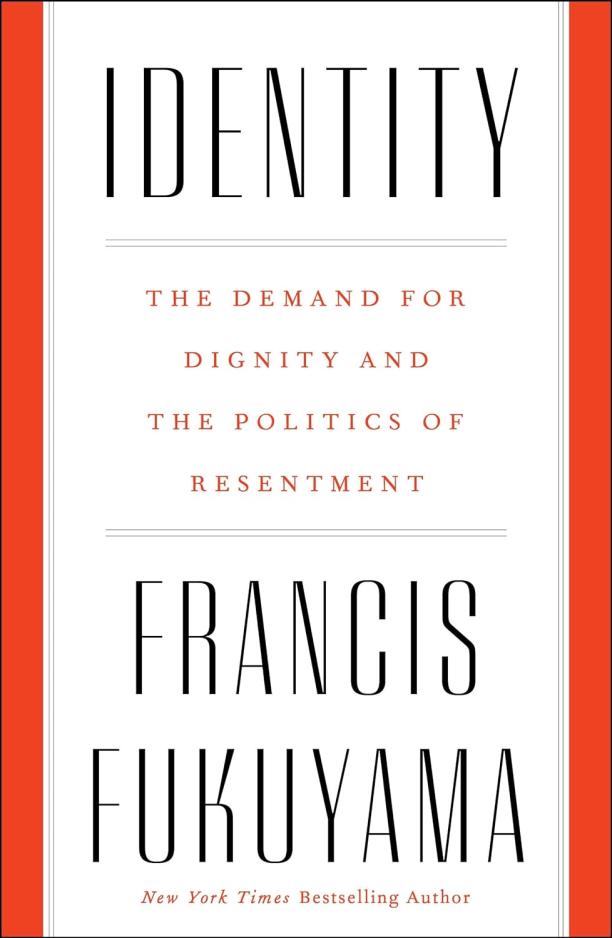
Identity
The Demand for Dignity and the Politics of Resentment
Francis Fukuyama
The book explores the concept of identity politics, examining how the demand for recognition of one's dignity has become a central driver of political movements around the world. It discusses the consequences of this demand, including the rise of nationalism, the polarization of societies, and the challenges to liberal democracy.
See full summary
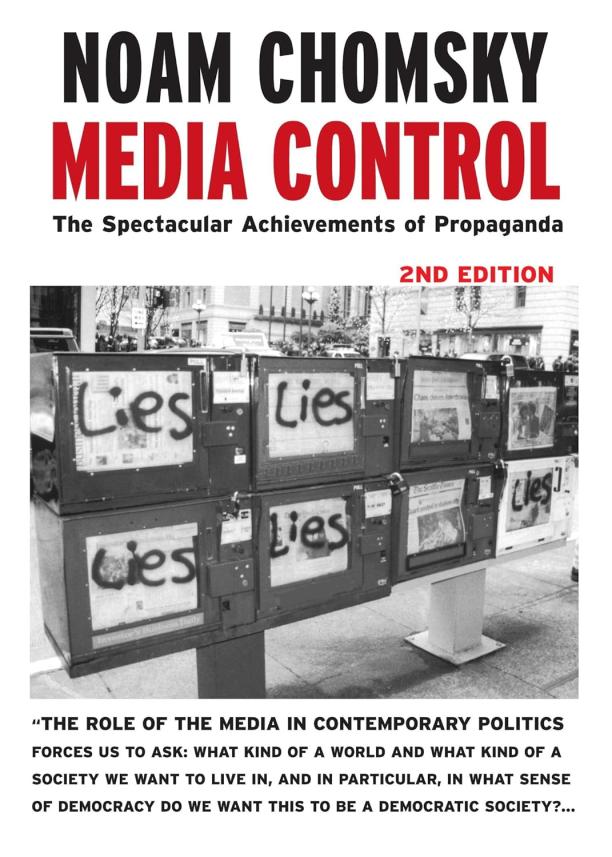
Media Control
The Spectacular Achievements of Propaganda
Noam Chomsky
The book examines the history and application of propaganda, focusing on how governments, particularly in democratic societies, manipulate public opinion and media to further their own agendas. It delves into case studies and strategies used to shape public perception and maintain power, highlighting the role of mass media in controlling and directing societal discourse.
See full summary

Capital and Ideology
Thomas Piketty
The book presents a comprehensive analysis of the historical evolution of inequality and the various ideologies that have justified it, arguing that political and social systems determine economic disparities. It proposes new ways to address inequality through participatory socialism and a global progressive tax on wealth.
See full summary
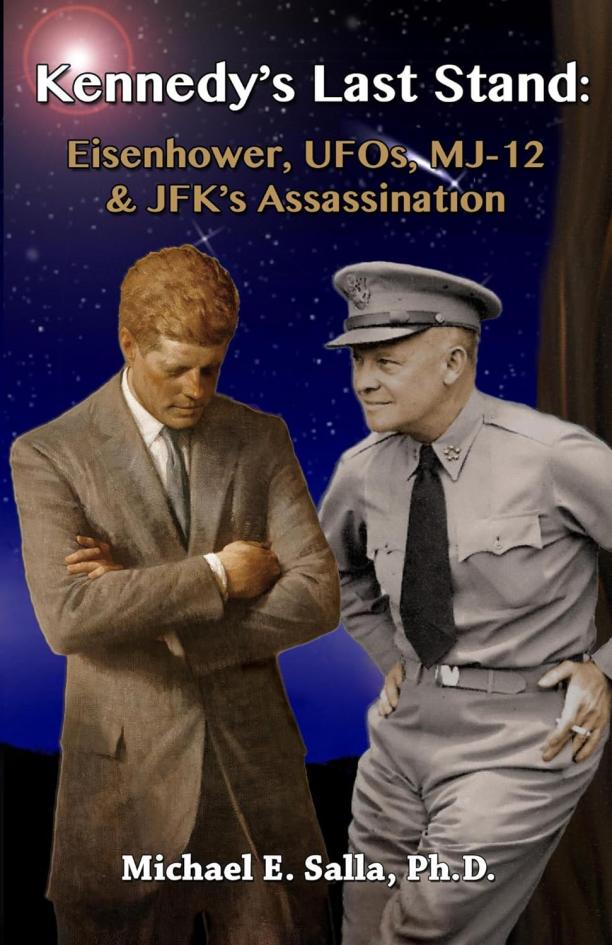
Kennedy's Last Stand
Eisenhower, UFOs, MJ-12 & JFK's Assassination
Michael Salla
The book delves into the alleged connections between President John F. Kennedy's interest in UFOs, his interactions with secret government entities like MJ-12, and his subsequent assassination. It explores the notion that Kennedy's attempts to gain access to classified UFO information and share it with the Russians during the Cold War may have led to a conspiracy to silence him.
See full summary
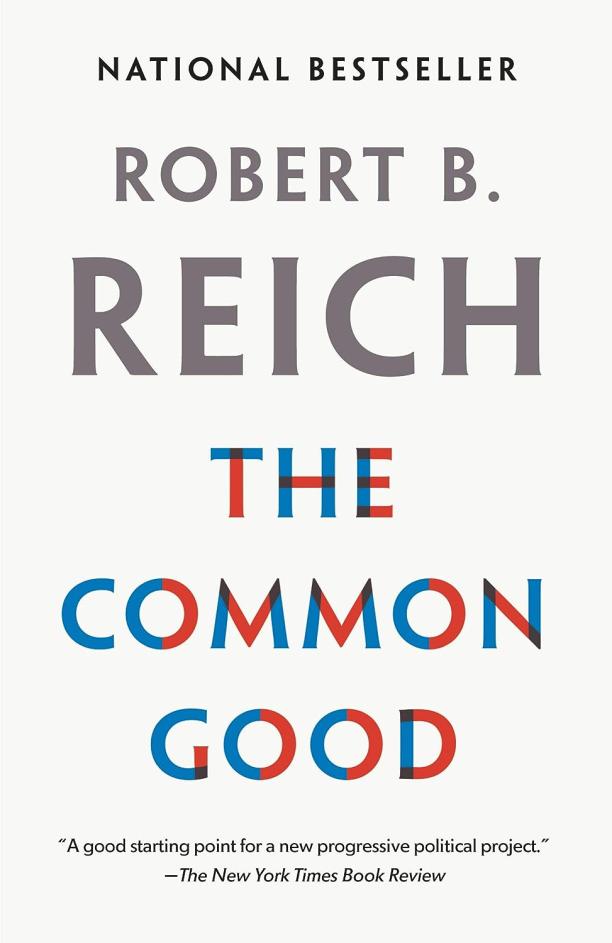
The Common Good
Robert B. Reich
The book argues for a return to the concept of the common good in American society, emphasizing the importance of shared values, civic responsibility, and ethical decision-making in politics and economics to counteract the rise of individualism and divisiveness. It critiques the erosion of communal bonds and institutions, advocating for collective action and policy reforms to rebuild trust and cooperation for the benefit of all citizens.
See full summary
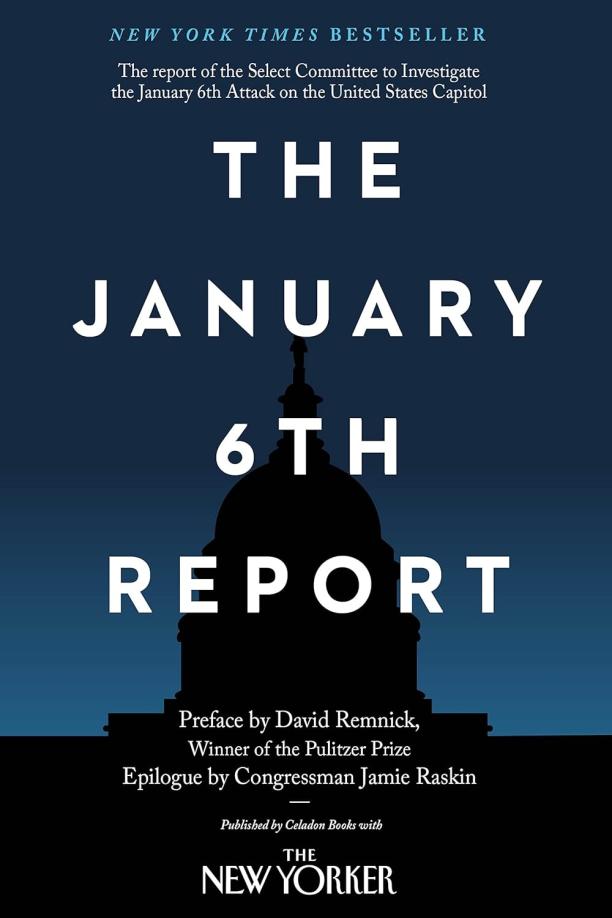
The January 6th Report
Select Committee to Investigate the January 6th Attack on the United States Capitol|David Remnick|Jamie Raskin
The book presents the findings of the congressional investigation into the January 6, 2021, attack on the U.S. Capitol, detailing the events leading up to the insurrection, the attack itself, and the aftermath. It includes testimonies, evidence, and analysis of the attempt to overturn the 2020 presidential election results, examining the roles of key figures and the broader implications for American democracy.
See full summary

Imagined Communities
Reflections on the Origin and Spread of Nationalism
Benedict Anderson
The book explores the concept of nationalism as a socially constructed community, positing that nations are "imagined" because members will never know most of their fellow-members, yet in the minds of each lives the image of their communion. It delves into the historical forces and cultural processes, such as the decline of monarchies, the rise of print capitalism, and the spread of vernacular languages, that have contributed to the emergence of national identities.
See full summary
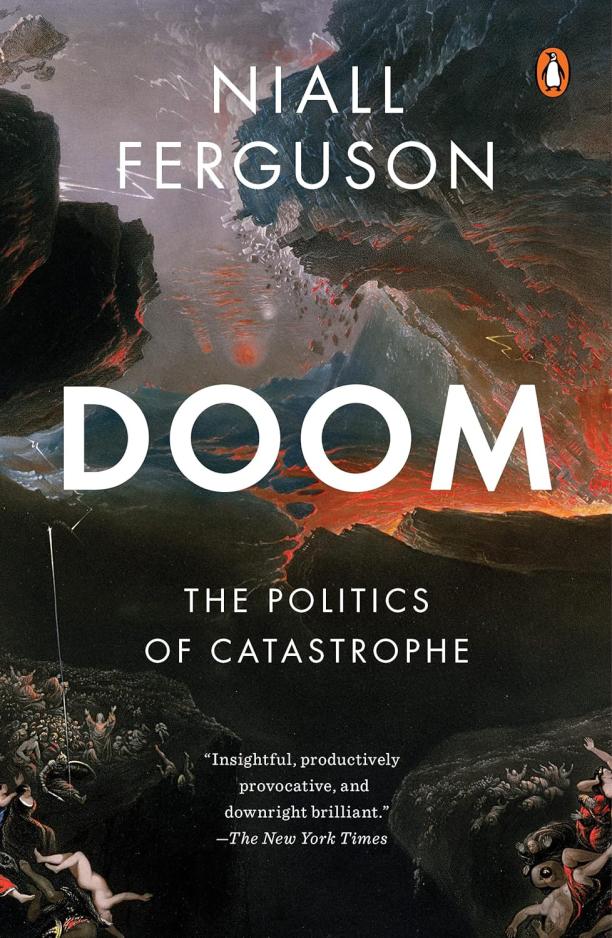
Doom
The Politics of Catastrophe
Niall Ferguson
The book examines the historical responses to disasters, analyzing why societies often fail to plan for predictable crises. It delves into the cognitive and institutional factors that hinder effective preparation and response, using case studies from pandemics to financial meltdowns.
See full summary